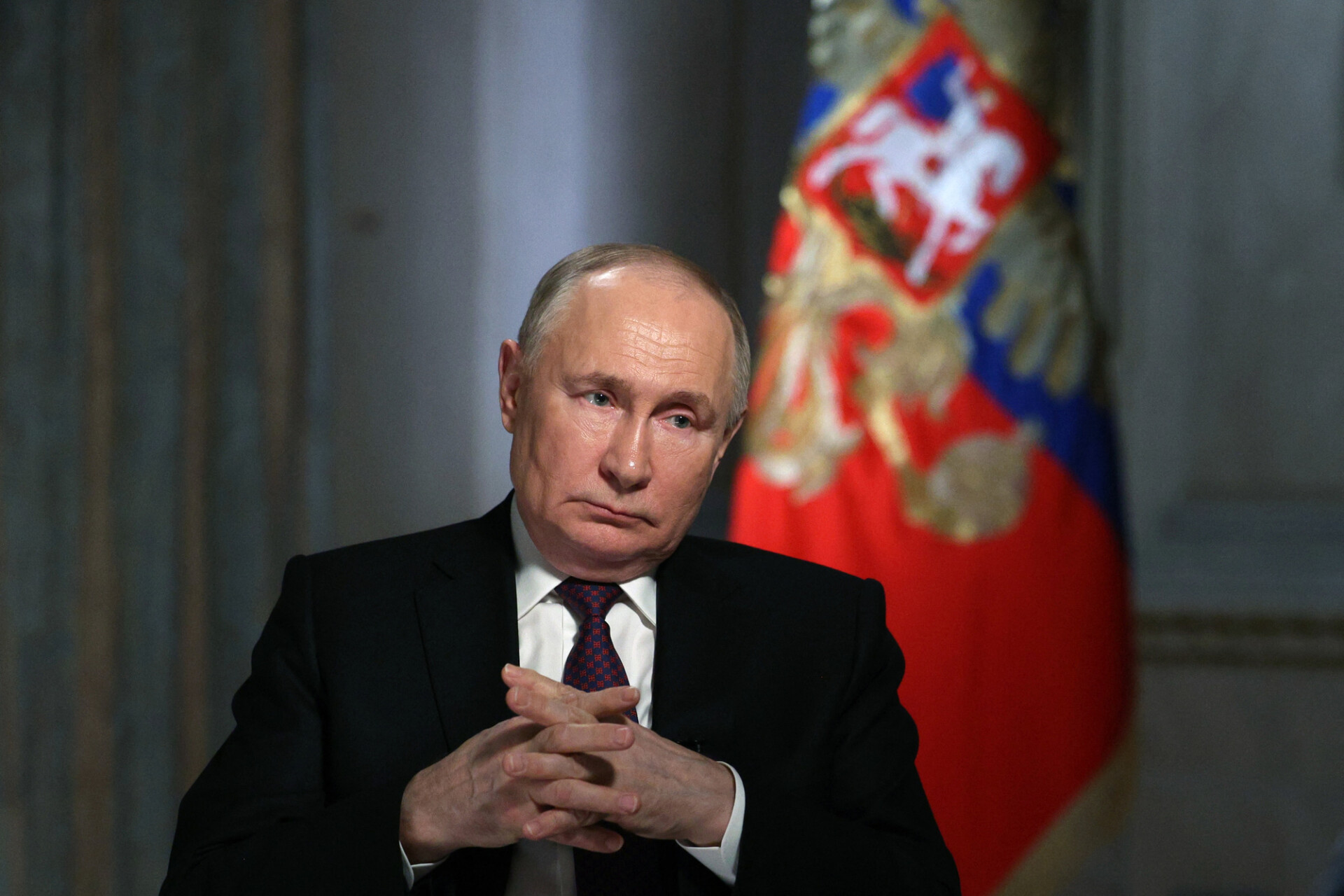Maybe it is just a coincidence, but it appears as if some diplomacy is breaking out between Russia and Ukraine in the final stretch before the US presidential election. The two warring countries are reportedly in the early stages of negotiations aimed at stopping air and drone strikes on each other’s energy infrastructure.
This initiative is taking place amid ongoing hostilities that have significantly damaged Ukraine’s energy sector. Russia’s attacks have had a devastating effect on Ukraine’s heating and electricity grid — a serious concern, considering that this year’s winter could be significantly colder than those of previous years due to the arrival of La Niña, a cyclical cooling of the Pacific that affects temperatures in Europe.
Since the war’s inception, Ukraine has lost more than 9 GW of electricity-generating capacity, further straining an already beleaguered energy system. Consequently, international support — especially from the EU — has been instrumental in reconstruction efforts. In 2024 alone, the EU has pledged €1.4 billion to enhance the resilience of Ukraine’s energy grid. One of the most severe aerial offensives occurred on 26 August this year when Russia launched over 200 missiles and drones targeting crucial energy sites across Ukraine.
In addition to grinding warfare on the front lines, Moscow has been targeting Ukraine’s energy infrastructure in the knowledge that a cold winter without electricity and heating could be lethal for thousands of Ukrainians. This could also trigger a new wave of refugees, which will threaten to destabilize Europe further. This raises an important question: why would Russia suddenly wish to enter into negotiations about constraining these types of attacks?
The answer is twofold. First, the results of the Brics meeting in Kazan were underwhelming for Russia. Instead of a blueprint for a new world order, the main outcome was to agree on more meetings where further steps will be discussed. Although certainly a PR win for Vladimir Putin, nothing of substance was gained, and one could even argue that the absence of leaders from Brazil (President Lula cited a head injury for missing the trip) and Saudi Arabia indicates that with US elections looming, some member states are beginning to distance themselves from the Brics project.
It remains unclear who will be the next US president, but it is becoming increasingly apparent that major global players are beginning to hedge their bets. They understand that the possible outcomes are either a continuation of Joe Biden’s policies or a return to Donald Trump’s unpredictable “peace through strength” approach, both of which create different policy options. Putin must anticipate that Trump has made ending the war in Ukraine a priority, and both men must at least appear to have “won”. This could explain why Moscow is beginning to lay some potential groundwork for future negotiations, such as an agreement on ceasing strikes on critical infrastructure.
If a negotiated ceasefire or peace should happen, it will be crucial for Russia to claim that this was due to Kremlin initiative and not thanks to foreign pressure, a condition that is precisely met with this recent push for talks. Trump’s unpredictability is also a hidden asset, because it forces his adversaries to recalculate their potential risk. The Biden-Harris strategy has been to give Ukraine too little to win and just enough not to lose. But with Trump, it is possible that he will be ratcheting up support for Kyiv to the point where it would force Russia to the negotiation table. It is therefore plausible that Moscow wants to create the conditions necessary to preempt such a step by a Trump administration. Then, when inauguration day comes around on 20 January, the Kremlin can decide on whether it wishes to abandon or build on these agreements — depending on who enters the White House.











Join the discussion
Join like minded readers that support our journalism by becoming a paid subscriber
To join the discussion in the comments, become a paid subscriber.
Join like minded readers that support our journalism, read unlimited articles and enjoy other subscriber-only benefits.
Subscribe